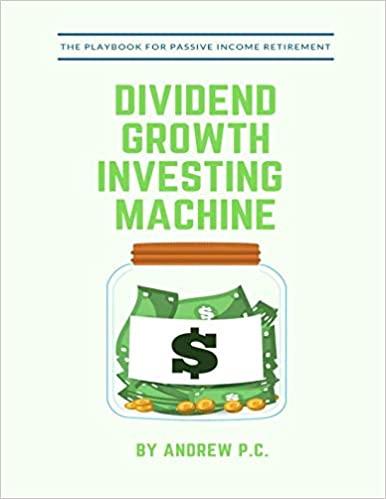Solve a reflection paper according to objectives
As soon as possible

INSTRUCTION: Select one of the readings to reflect. Submit it before Monday's class (January 10). For extra credit, select a second reading to submit. To see a student's reading reflection example, click here for a written and aural format. 1. "Microfinance for Entrepreneurs L " by Long Le 2. The Future of Microfinance's Chapter 5. 3. "HR Development Practices in the Microfinance Sector L7 " by the European Microfinance Platform. (Students can focus on Renumeration/Rewards from p.23-38 and General Observation from p.38-42). It is expected that students completing this course will be able to: - Summarize and critically evaluate the underlying theories, principles, debates, and practices of microfinance. (CO 1) - Recognize and assess the structure, systems, constraints, tradeoffs, and paradoxes that affect how microfinance is delivered to and impacts clients. ( CO2) - Design and prototype microfinance as a platform that reimagines business models, lending methodologies, products and services, and the triple bottom line. (CO 3) Additionally, within the Experiential Learning and Social Justice, students will: - Recognize the benefits of life-long, responsible citizenship and civic engagement in personal and professional activities. (Civic Life, ELSJ 1) - Interact appropriately, sensitively, and self-critically with people in the communities in which they work and to appreciate the formal and informal knowledge wisdom, and skills that individuals in these communities possess. (Perspective, ELSJ 2) - Recognize, analyze, and understand the social reality and injustices in contemporary society, including recognizing the relative privilege or marginalization of their own and other groups. (Social Justice, ELSJ 3) - Be able to make vocational choices in light of both their greatest gifts and the world's greatest needs. (Civic Engagement, ELSJ 4) - Be able to engage in substantial and sustained contact with communities through dialogue sessions and other forms of community-based learning activities. (Experiential, ELSJ 5) INSTRUCTION: Select one of the readings to reflect. Submit it before Monday's class (January 10). For extra credit, select a second reading to submit. To see a student's reading reflection example, click here for a written and aural format. 1. "Microfinance for Entrepreneurs L " by Long Le 2. The Future of Microfinance's Chapter 5. 3. "HR Development Practices in the Microfinance Sector L7 " by the European Microfinance Platform. (Students can focus on Renumeration/Rewards from p.23-38 and General Observation from p.38-42). It is expected that students completing this course will be able to: - Summarize and critically evaluate the underlying theories, principles, debates, and practices of microfinance. (CO 1) - Recognize and assess the structure, systems, constraints, tradeoffs, and paradoxes that affect how microfinance is delivered to and impacts clients. ( CO2) - Design and prototype microfinance as a platform that reimagines business models, lending methodologies, products and services, and the triple bottom line. (CO 3) Additionally, within the Experiential Learning and Social Justice, students will: - Recognize the benefits of life-long, responsible citizenship and civic engagement in personal and professional activities. (Civic Life, ELSJ 1) - Interact appropriately, sensitively, and self-critically with people in the communities in which they work and to appreciate the formal and informal knowledge wisdom, and skills that individuals in these communities possess. (Perspective, ELSJ 2) - Recognize, analyze, and understand the social reality and injustices in contemporary society, including recognizing the relative privilege or marginalization of their own and other groups. (Social Justice, ELSJ 3) - Be able to make vocational choices in light of both their greatest gifts and the world's greatest needs. (Civic Engagement, ELSJ 4) - Be able to engage in substantial and sustained contact with communities through dialogue sessions and other forms of community-based learning activities. (Experiential, ELSJ 5)







